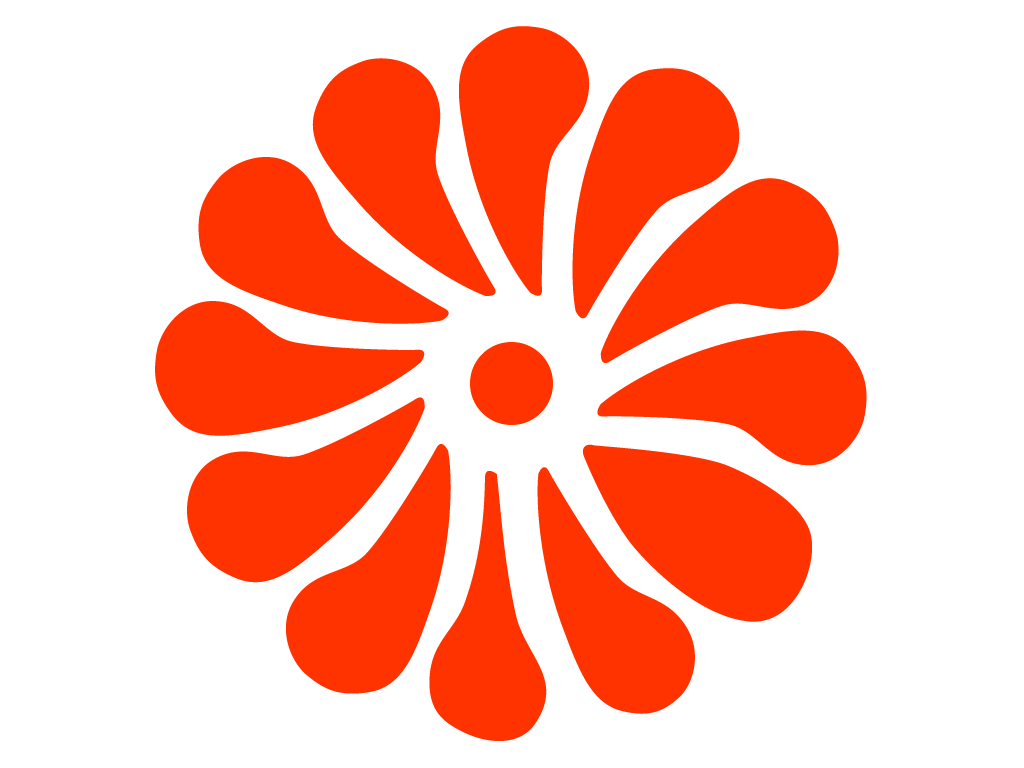Nerine bowdenii: The Vibrant Guernsey Lily
Nerine bowdenii, commonly known as Bowden Lily, Cornish Lily, Cape Flower, or Guernsey Lily, is a stunning flowering plant. Despite its common names, it does not belong to the lily family but rather to the Amaryllidaceae family of plants. This captivating species is native to South Africa and has gained popularity for its vibrant blooms.
Origin and Discovery
The available information does not provide specific details about the first publication or discovery of Nerine bowdenii.
Characteristics
Nerine bowdenii is a herbaceous bulbous perennial that typically reaches a height of 45cm or 18 inches. It features strap-shaped green leaves that add an elegant touch to its overall appearance. This hardy plant was named by Athelstan Hall Cornish-Bowden, a South African land surveyor, in 1904. Among the various Nerine species, Nerine bowdenii is known for its exceptional resilience and ability to withstand challenging conditions.
Flowers and Fragrance
In the late-season garden, Nerine bowdenii puts on a spectacular display with its tall, erect stalks that emerge from the foliage. These stalks bear large umbels of trumpet-shaped, brilliant pink flowers, ranging from five to ten flowers per umbel. The petals of the flowers have wavy edges, adding a touch of whimsy to their appearance. Although faintly scented, the fragrance of the flowers can be a delightful addition to the garden. Blooming for an extended period of 4 to 6 weeks, Guernsey Lilies create a captivating focal point in mixed borders, rockeries, or cutting gardens.
Cultivation of Nerine bowdenii:
Sunlight: Nerine bowdenii thrives in full sunlight, although it can tolerate partial shade.
Watering: While this species is drought-tolerant, it requires regular moisture during the growing season. Adequate watering ensures healthy growth and vibrant blooms.
Soil: Nerine bowdenii prefers moderately fertile, well-drained soil. It is crucial to avoid waterlogged conditions, as excessive moisture can lead to bulb rot.
Pests and Diseases: Generally, Nerine bowdenii is disease-free. However, it is important to watch out for slugs, which can damage the foliage and flowers. Proper garden maintenance and slug control measures can help prevent infestations.
Propagation: Nerine bowdenii can be propagated through two primary methods: seed and division. Seeds can be sown with moderate heat as soon as they are ripe. Alternatively, division can be carried out after flowering, allowing the plant to create new individuals from existing bulbs.
Additional Information
Nerine bowdenii bulbs typically measure around 14cm or 6 inches in circumference. It is worth noting that these bulbs contain chemicals that are being researched for potential Alzheimer’s Disease treatment, specifically undermine and Betaine-type alkaloids. These compounds highlight the plant’s potential medicinal properties, adding to its appeal.
In garden settings, Nerine bowdenii thrives when planted in swathes, creating a captivating visual impact. It is an excellent choice for mixed borders, rock gardens, and beds, and can even be grown in containers or near patios to enjoy their vibrant colors during the last warm days of fall. With its deer and rabbit-resistant nature, Nerine bowdenii can be a reliable addition to gardens frequented by these animals.
To cultivate Nerine bowdenii successfully, plant the bulbs in early spring, burying them 2 inches below the ground and spacing them 6 inches apart. In colder regions, protect the bulbs during winter by applying a deep, dry mulch. This added layer of insulation ensures their survival and optimal growth.
Nerine bowdenii is a remarkable flowering plant that adds vibrancy and charm to gardens. Its striking pink blooms, coupled with its resilience and low-maintenance requirements, make it a valuable asset for any gardener seeking to create a captivating autumn display.






